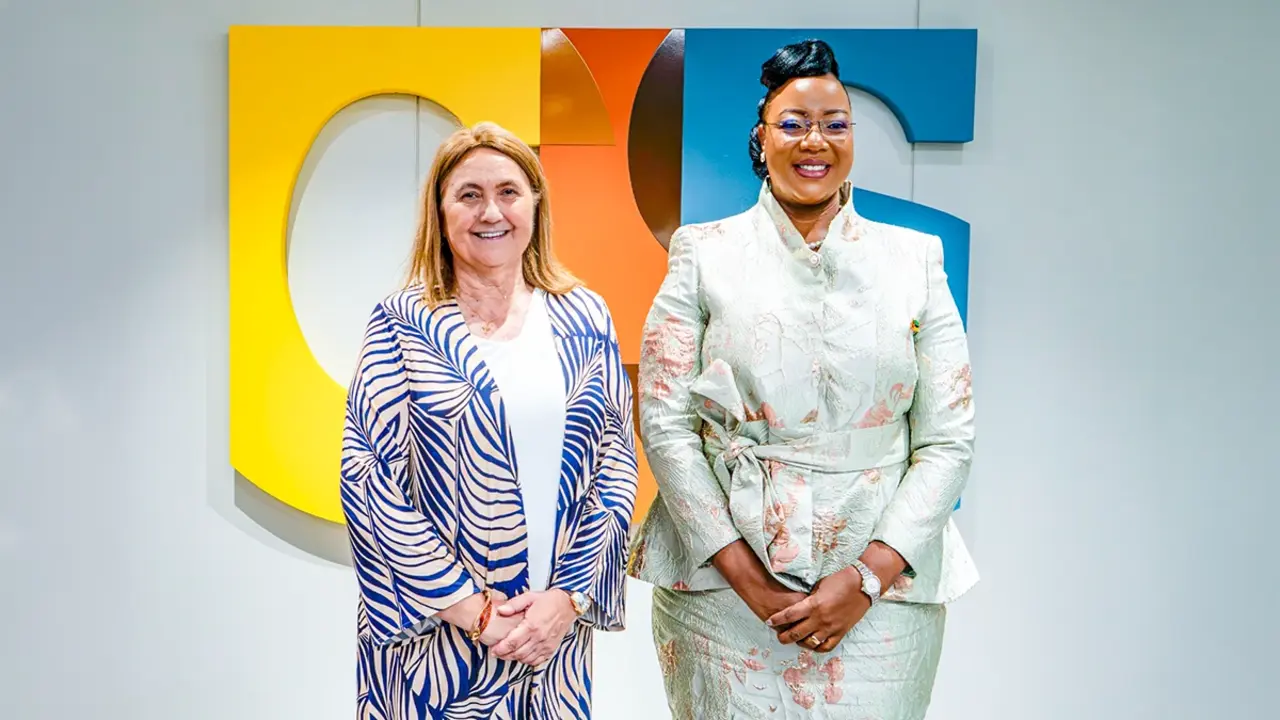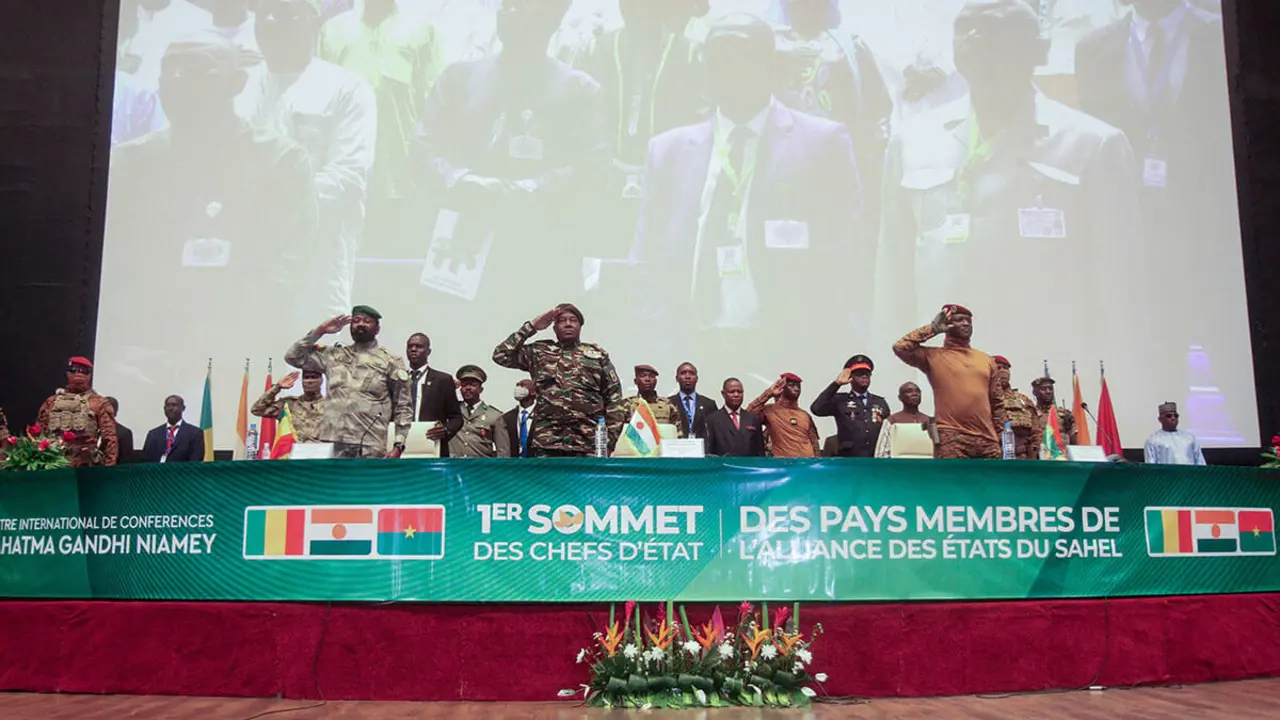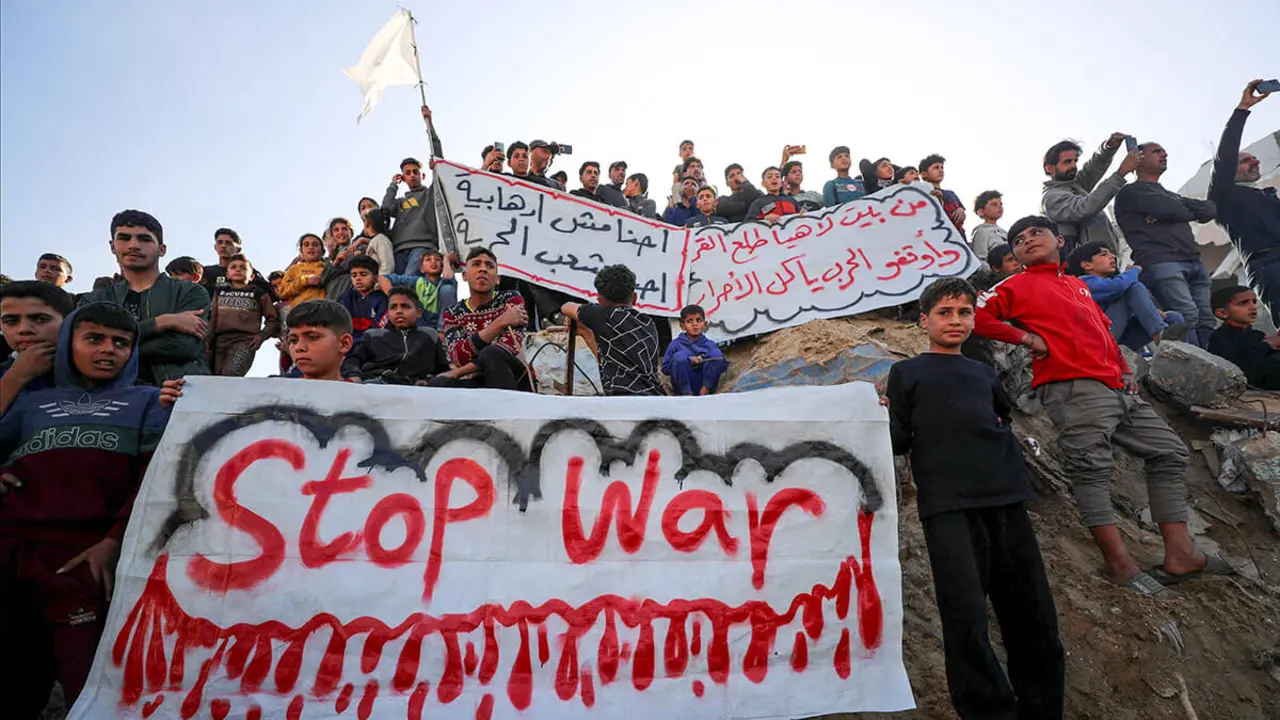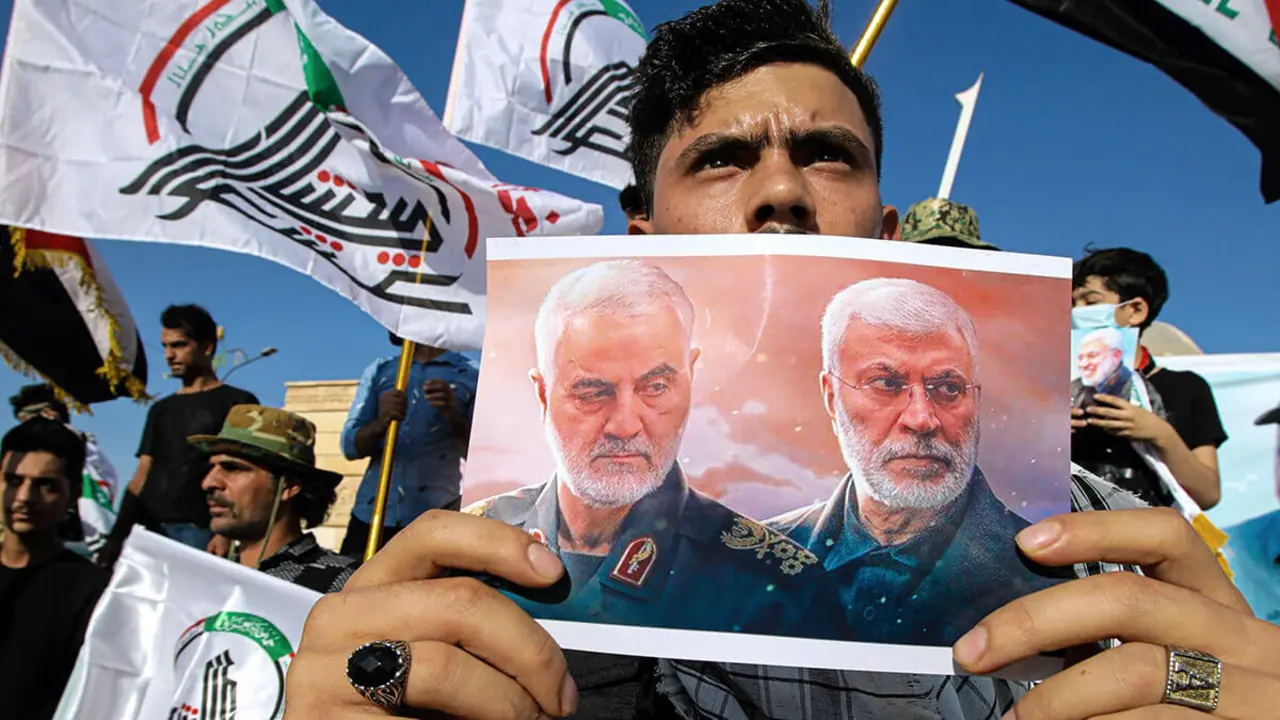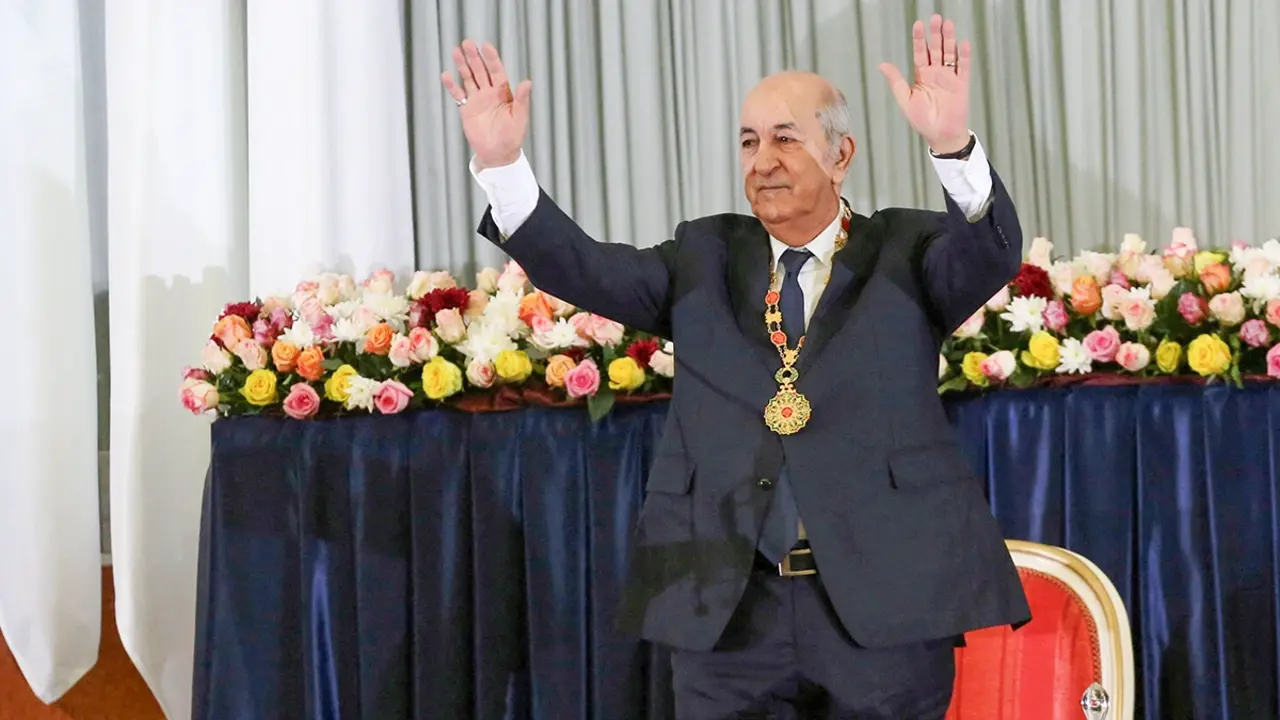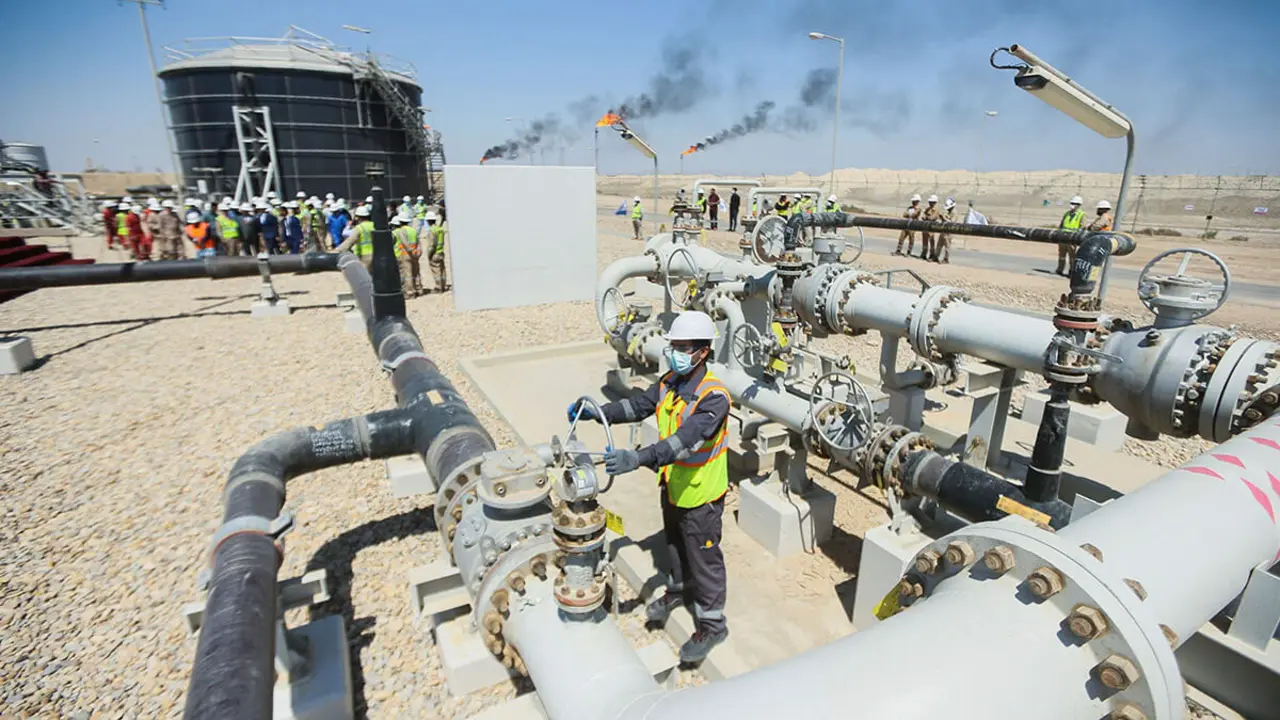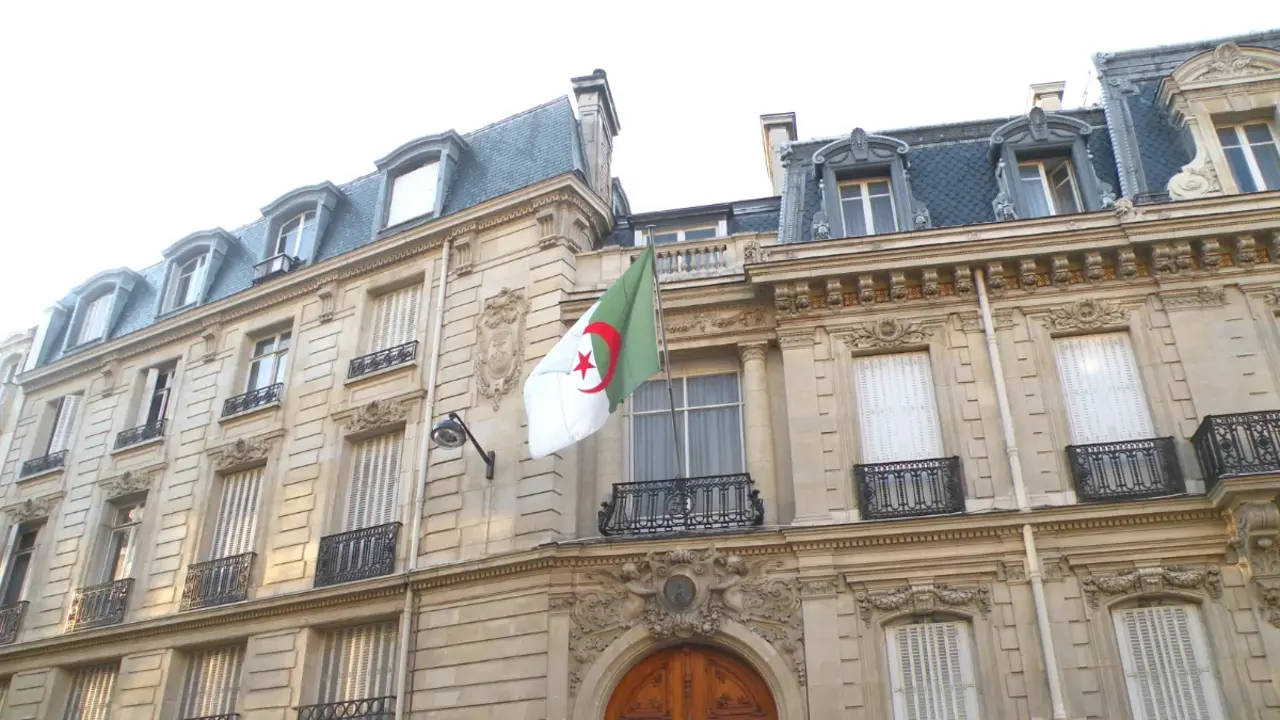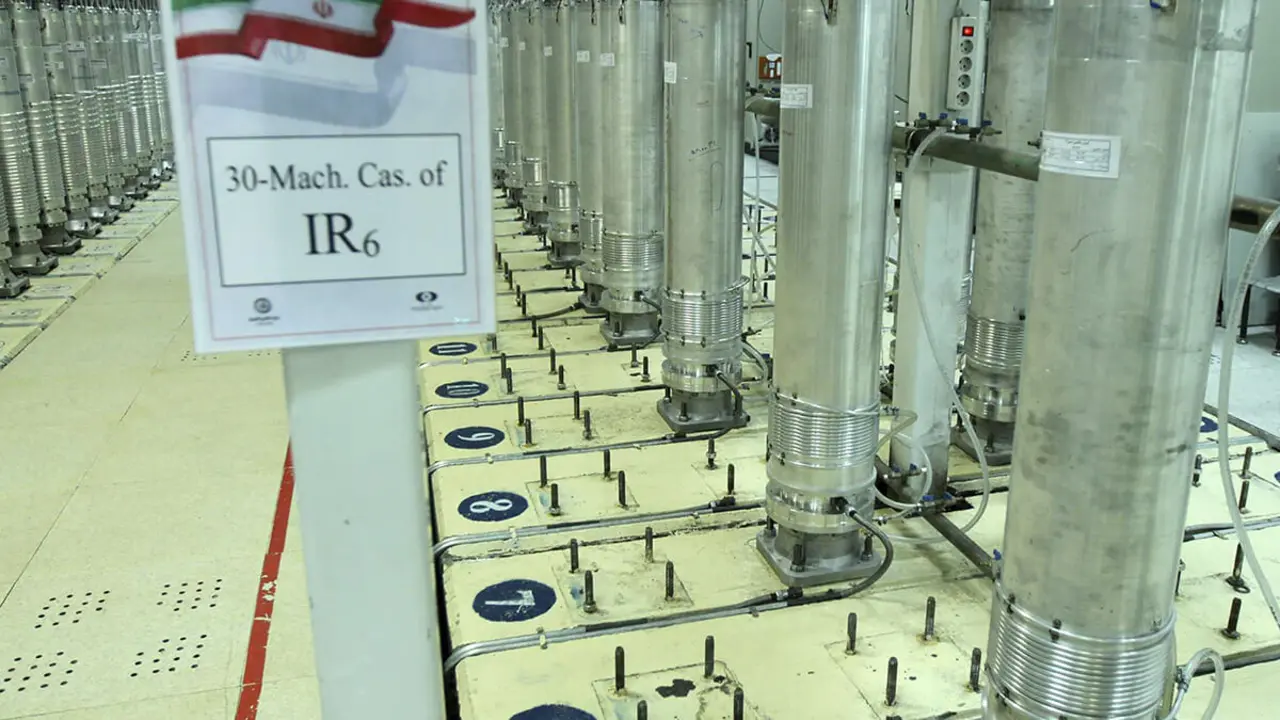Emirates calls for greater European engagement in the Gulf: 'We need to see action'

The United Arab Emirates wants more. The Gulf state, rich in energy reserves, is demanding that its European partners adopt a new approach to external action at the regional level that goes beyond trade and hydrocarbons. It is not enough for Abu Dhabi to export oil and gas as it has done so far; it wants EU members to strengthen their engagement in the region and extend the scope of bilateral cooperation to other areas, especially security and defence in the face of recurrent threats from neighbouring Iran.
"What we are hearing, especially from the Germans and others, about re-engaging with the Gulf, I am encouraged by, but I would caution against it being transactional," said diplomat Anwar Gargash, an adviser to Emirati President Mohammed bin Zayed, referring to the recent energy deal signed by Qatar and Germany to supply up to 2 million tonnes of gas per year to Germany for the next 15 years.
The new rhetoric from Berlin and other European capitals "is partly self-interested: trying to find new suppliers of gas or oil", Gargash acknowledged during his speech at the Abu Dhabi World Political Conference. The clarity with which the former minister for Emirati Federal National Council Affairs expressed himself led him to send a clear message to his European partners: "We need to see action... it has to be long-term and strategic".

The EU is still looking for alternatives to Russian gas to help it cope with the winter, with a view to avoiding power cuts and other drastic energy-saving measures threatened, for example, by the French government of Élisabeth Borne. In this context, countries such as the Emirates and Qatar have ended up channelling the bulk of European demands to replace hydrocarbons from Russia, which were once affordable and easy to import.
The battery of Western sanctions, motivated by Russia's invasion of Ukraine, and which last week led to a price cap on Russian gas supplied by sea, disrupted energy markets and pushed European delegations to parade through Doha and Abu Dhabi. The context pushed the Gulf monarchies to make the most of the situation. On the one hand, by forging closer ties with EU partners; on the other, by closing ranks with Russia within OPEC+ to approve, among other issues, the reduction of production volume by 2 million barrels per day. All of this despite Western pressure.
The strategic ambiguity of the United Arab Emirates, a rising energy partner of the EU, has not dissuaded its leaders from suggesting, in exchange for the export of hydrocarbons, that the EU's partners get involved in defending the Gulf from threats from neighbouring Iran in a scenario marked by what they consider to be a US withdrawal under the Biden Administration.

In fact, Gargash took advantage of his speech at the World Political Conference to warn of the threats posed by the Ayatollahs' regime, their regional nemesis. The Emirati diplomat denounced the fact that the world only 'rediscovered' Iran's dangerousness when its weapons 'reached Ukraine'.
The fears of the UAE and its regional partner Saudi Arabia are a response to recent airstrikes on energy infrastructure launched from Yemen by Ansar Allah insurgents who operate with Iranian weapons. Abu Dhabi and Riyadh argue that the US, with Biden's initial move to block arms exports - subsequently unblocked - and, above all, with its abrupt withdrawal from Afghanistan, has decided to take a step backwards in the defence of the Middle East and the Gulf. Hence the search for new security partners.
The Emirati diplomat took the opportunity to attack Biden's intentions to reissue the nuclear agreement with Tehran. The restart of the Joint Comprehensive Plan of Action (JCPOA), signed in 2015 and violated in 2018 after the unilateral withdrawal of former president Donald Trump, seemed done just a few months ago, before the outbreak of the so-called Veil Revolution in Iran following the death in police custody of the young Kurdish woman Mahsa Amini. "This is an opportunity for all of us to come and review the whole concept," Gargash said in line with the interests of his regional allies, including Israel.

"EU-Gulf relations have been on life support for a long time. Since a first attempt at a free trade agreement between the EU and the Gulf Cooperation Council (GCC) failed in 2008, few serious efforts have been made to revive the relationship," write analysts Timo Behr and Saskia M. van Genugten at the Middle East Institute (MEI). "Instead, they have become adept at passing each other by, skating merrily from crisis to crisis. Whether it is the Iranian nuclear threat, the Houthis in Yemen, the Libyan civil war or the Russian invasion of Ukraine, it has often been difficult for the EU and the Gulf to find a joint perspective or common cause."
Ursula von der Leyen's European Commission perceives the Gulf states as 'strategic partners', especially at a time of energy crisis. Attempts have been made in Brussels to strengthen its political presence in the region, especially in a context marked by the Gulf monarchies' rapprochement with Russia and China. The recent visit to Riyadh by Chinese President Xi Jinping highlights this drift, which not only worries the EU executive branch, but also and above all Washington.

The head of European diplomacy, Josep Borrell, is finalising the appointment of the EU's first special envoy for the Gulf. The name of Luigi Di Maio, the former Italian foreign minister in Mario Draghi's government and former leader of the populist Five Star Movement (M5S), is in the running. Di Maio is the best-placed of the four candidates to win the post, but there is some scepticism about him within the EU club. Many believe he is not qualified for the post.
The alternatives on the table are Dimitris Avramopoulos of Greece, Slovakia's Ján Kubiš and Markos Kyprianou of Cyprus, according to sources quoted in the Guardian. All have served as foreign ministers in their respective countries.
Borrell will decide in the coming weeks, although he could delay the matter by calling representatives of the 27 member states to vote on the appointment. With this political figure, Brussels is betting on strengthening its position in the Gulf.

